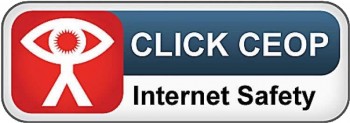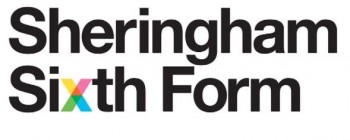Year 7
In Year 7 students explore the key people, events and ideas leading to the development of the modern world. In the Middle Ages, the impact of the Norman Conquest, the power of Monarchy and Church and challenges to authority are examined, alongside the lives of ordinary people. In Depth Studies, students analyse the significance of the Magna Carta, the Black Death and the Peasants Revolt.
Later in the year, students focus on the impact of the Tudors on government and religion, the long-term effects of the Civil War and the growth of democracy. They will take an overview of the Roman, Aztec and British Empires, while Depth Studies include the Spanish Armada, the Slave Trade and the effects of the Industrial Revolution.
Year 8
Students in Year 8 study the Twentieth Century World and links to their lives today.
The causes of World War One and the impact of the War in Europe are explored, alongside significant domestic changes such as the Women’s suffrage campaign.
Students go on to investigate the growth of Communism and Fascism in Europe, focusing particularly on Hitler’s rise to power, and the key events and consequences of World War Two at home and abroad (including the impact on their own families).
Depth Studies in Year 8 include the Holocaust, terrorism in Northern Ireland and the Middle East and the fight for civil rights in Britain and America.
Throughout Key Stage 3 particular focus is given to the changing role of women in history. We study important game-changers like Elizabeth I, Mary Wollstonecraft and the Pankhursts, as well as lesser-known but equally significant individuals like Caroline Norton and Millicent Fawcett and the ordinary women experiencing change over this thousand years.
Key Skills
Woven into all our History lessons at Sheringham are key Historical skills: assessing cause and consequence, change and continuity and significance, analysing sources and evaluating interpretations.
Using these skills, students are encouraged to argue their case, ask questions, weigh up evidence, challenge viewpoints and reach a judgement.
In History students improve their literacy skills through extensive reading, developing a wide vocabulary and using a ‘Point Example Analysis’ paragraph structure in their written work. We also make valuable cross-curricular links to many other subjects, including Philosophy and Ethics, Geography, Drama, Art and Music.
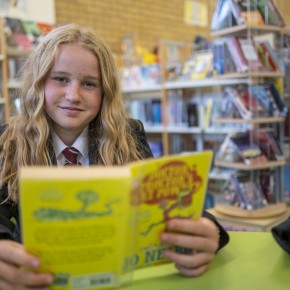
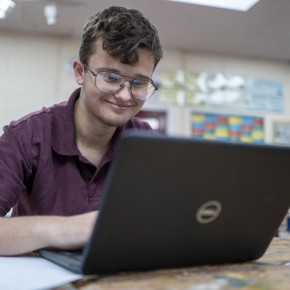
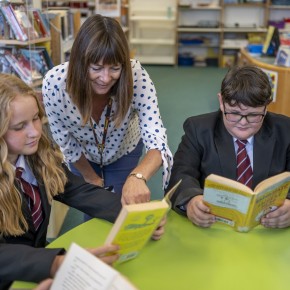
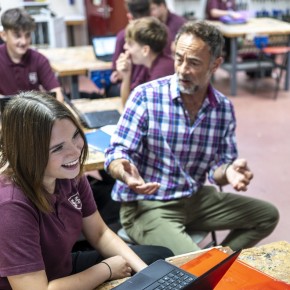
 Our History curriculum is lively, interesting and extremely useful for gaining an understanding of the world we live in.
Our History curriculum is lively, interesting and extremely useful for gaining an understanding of the world we live in.